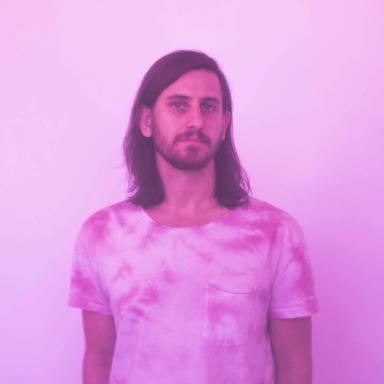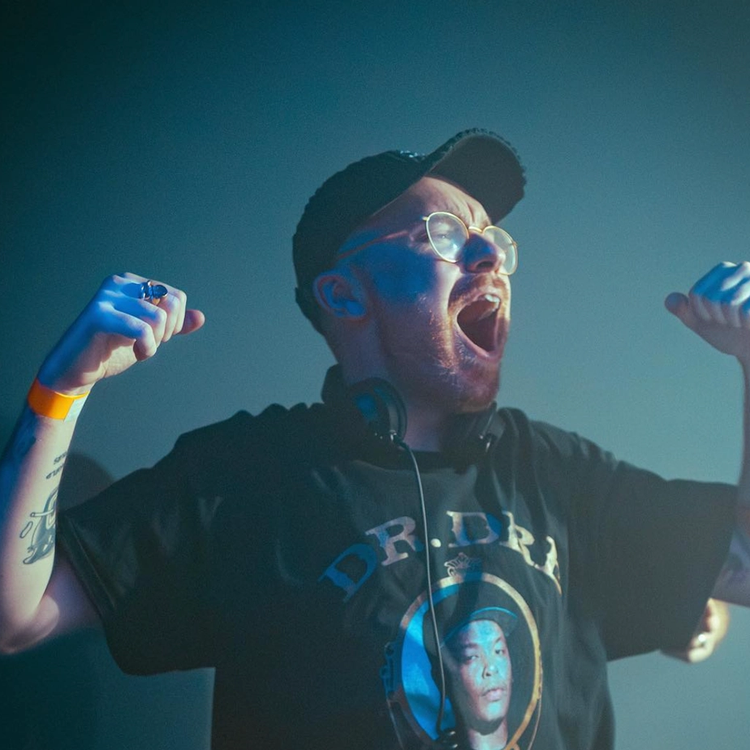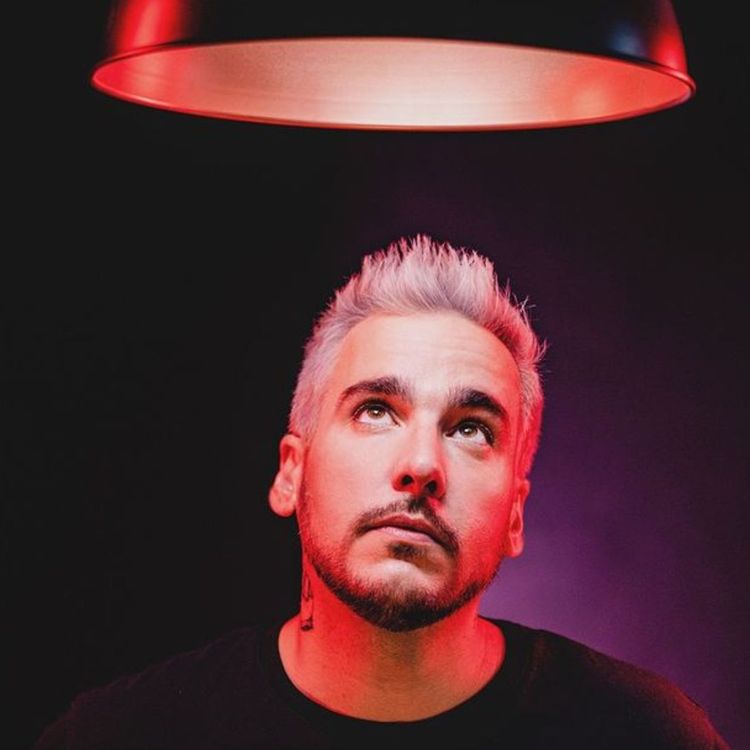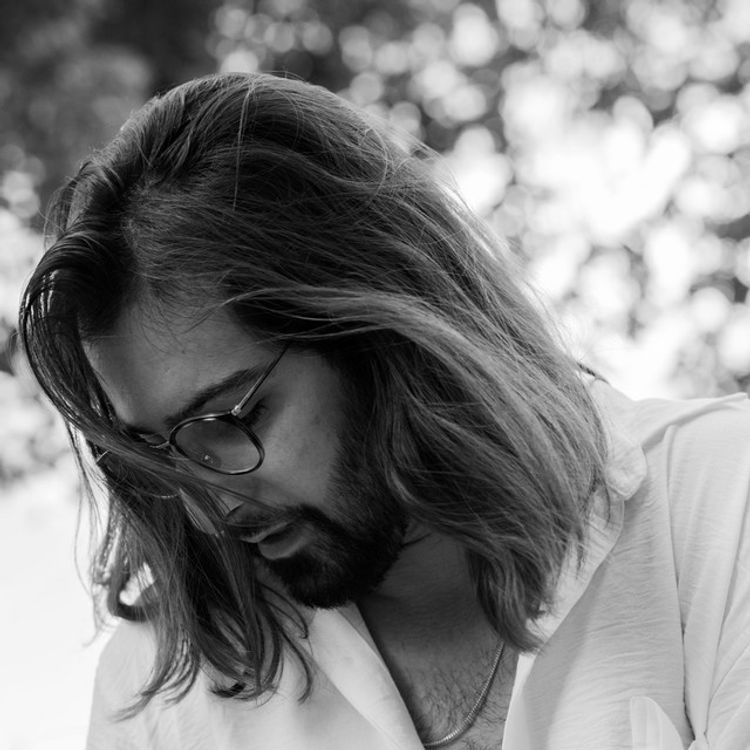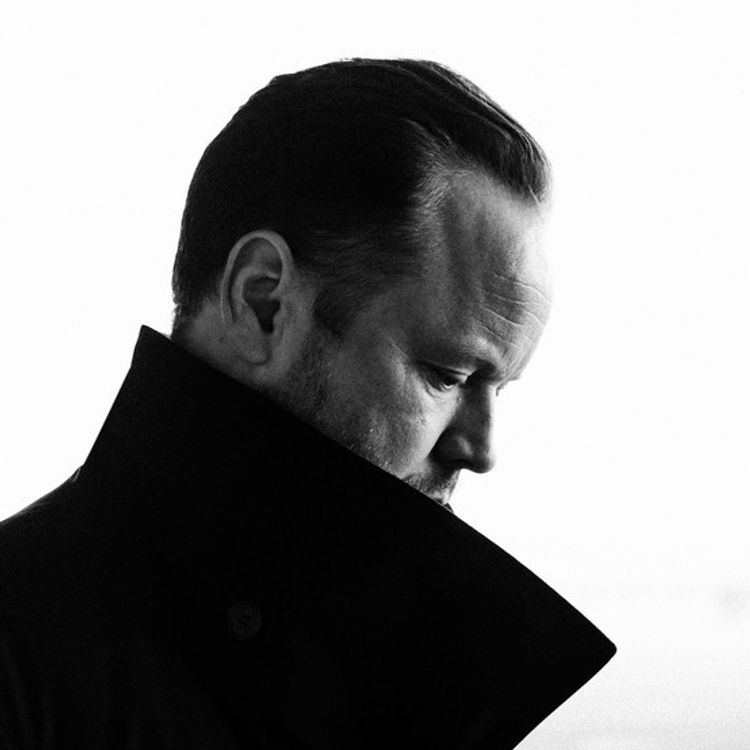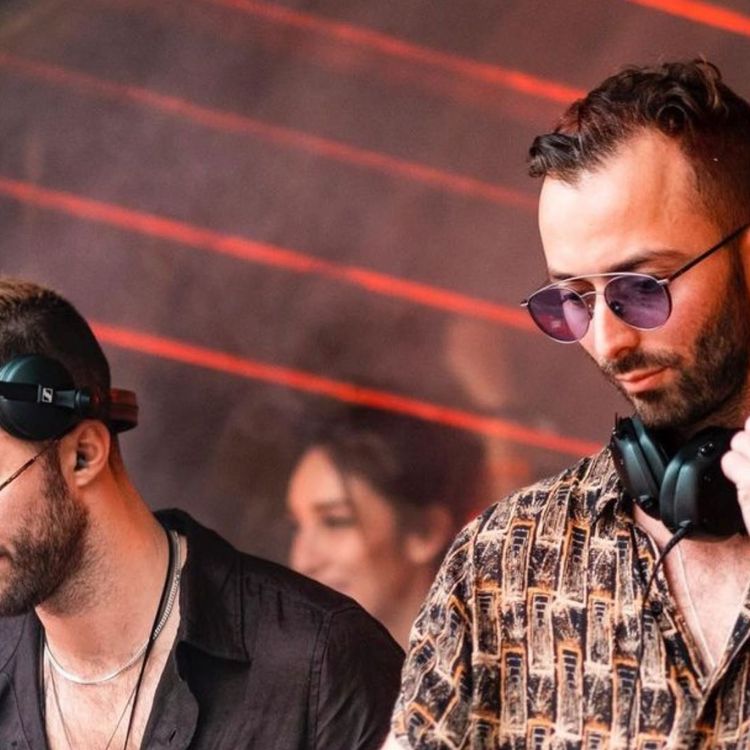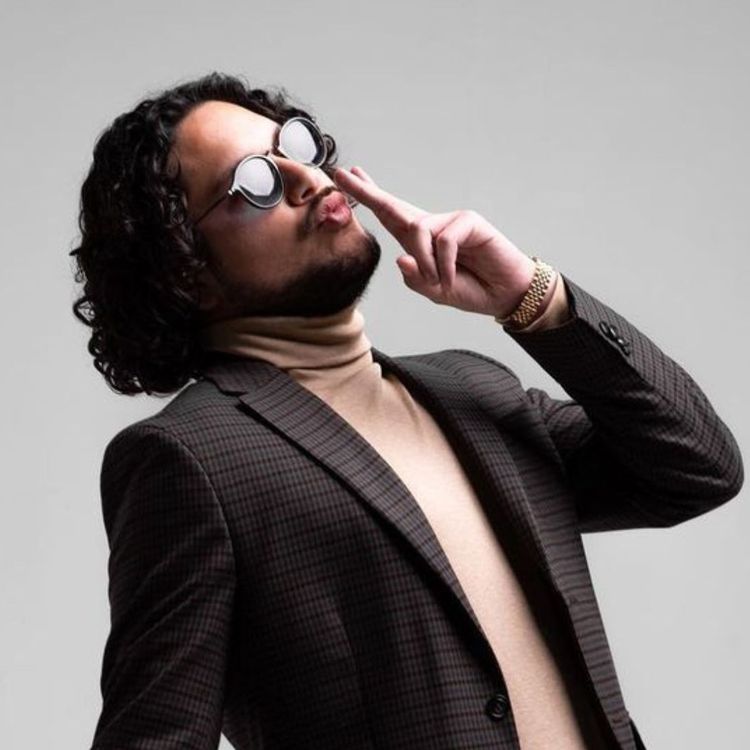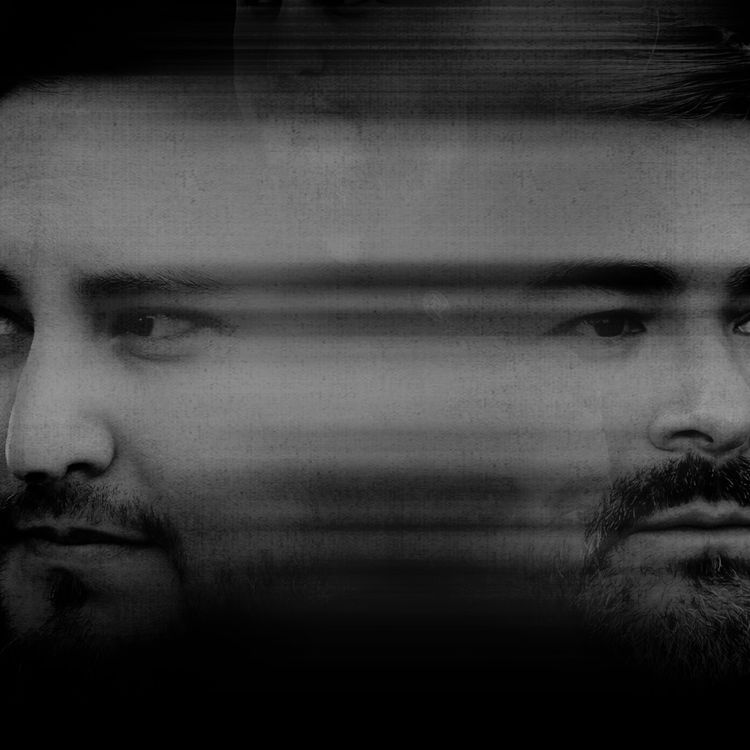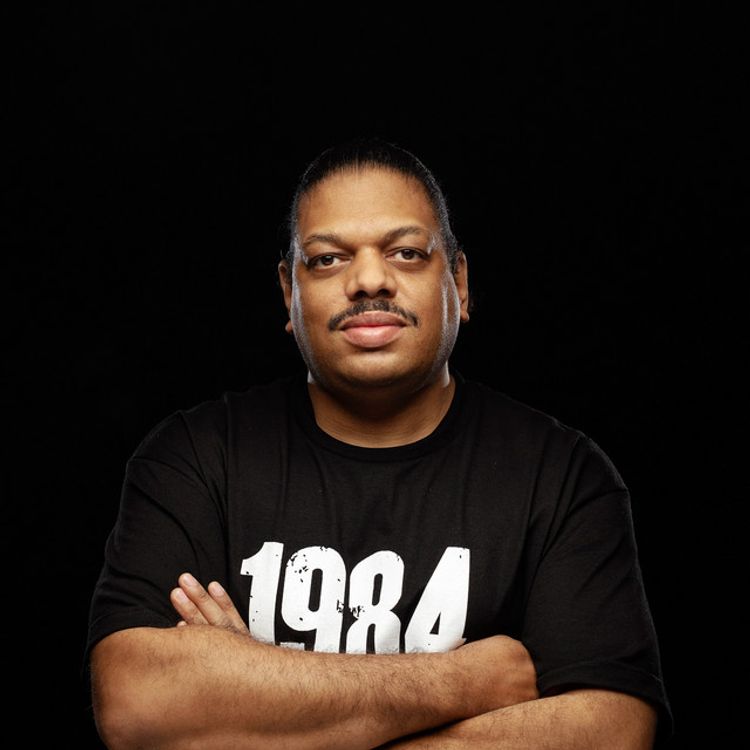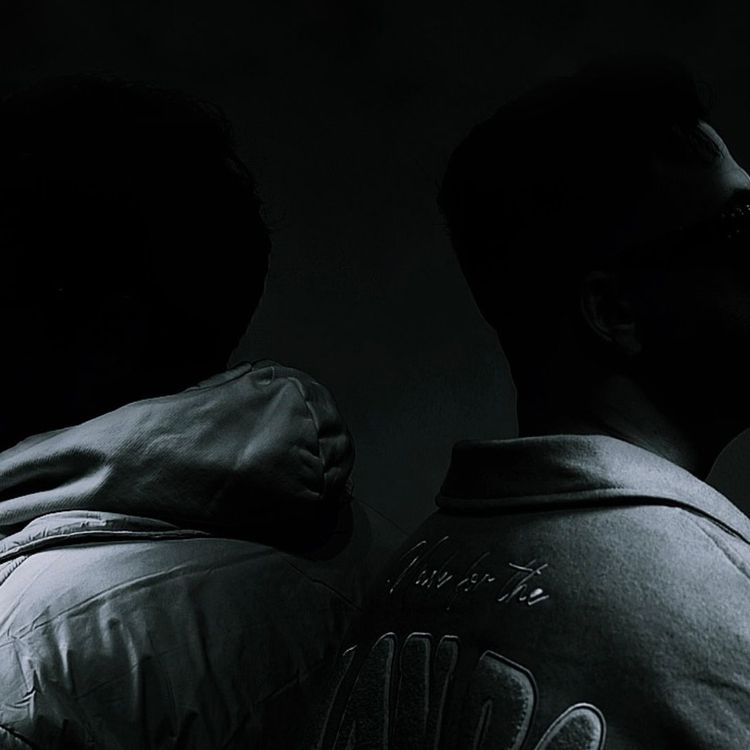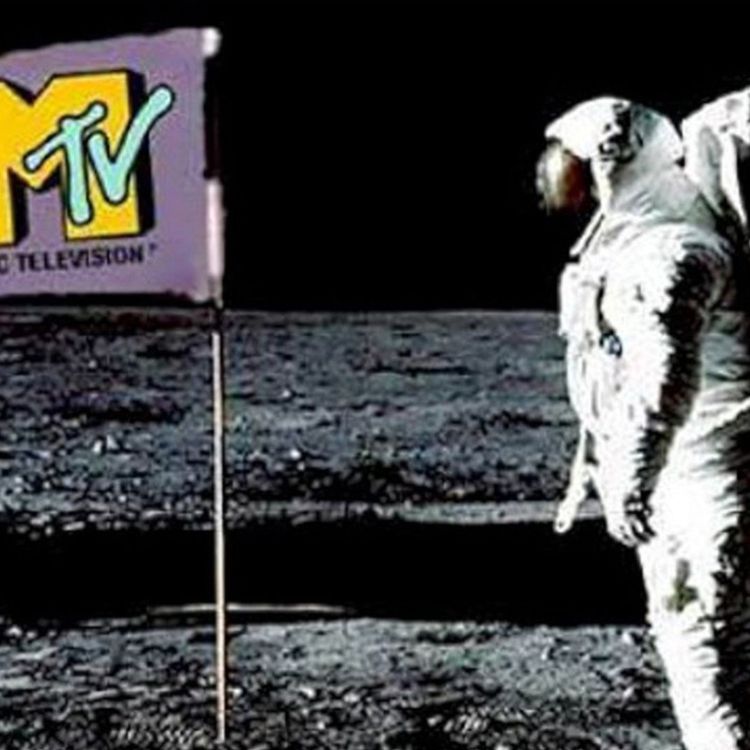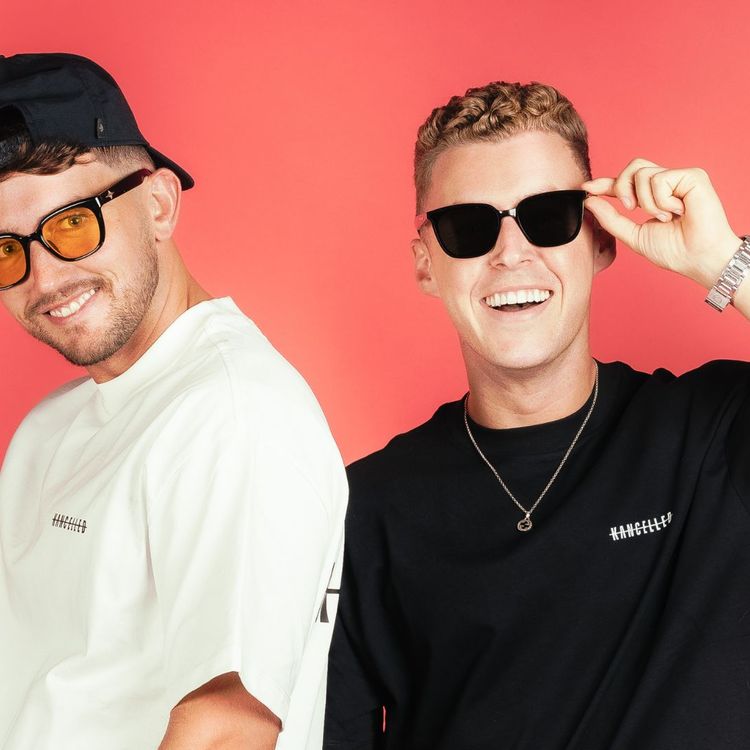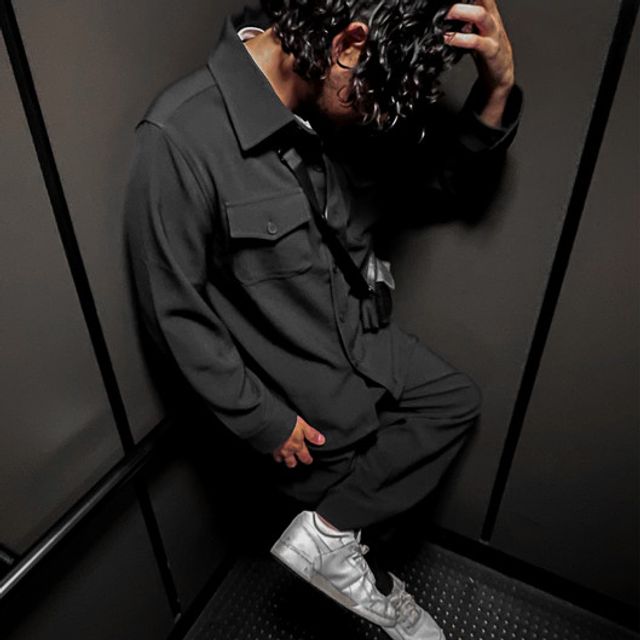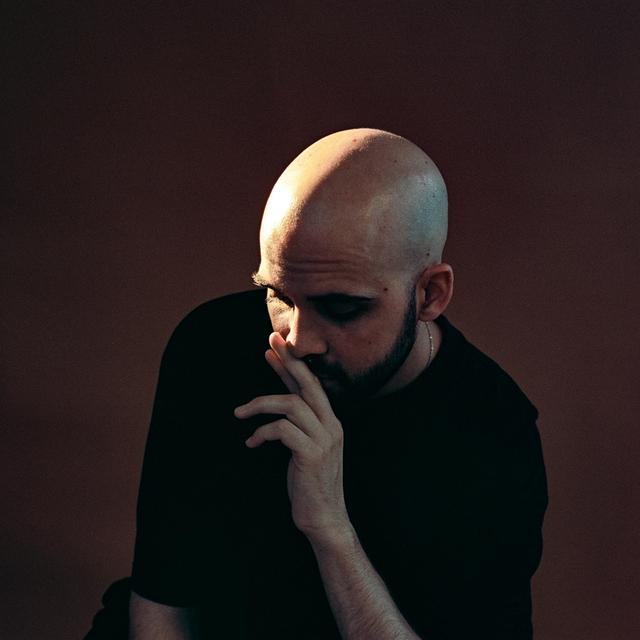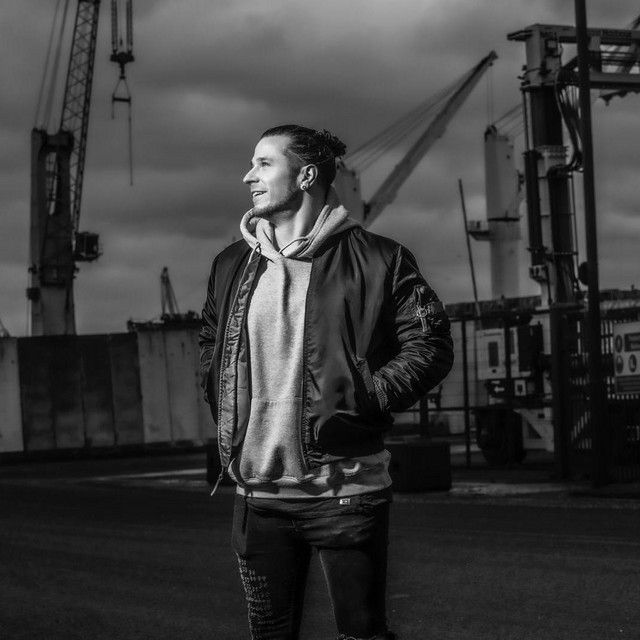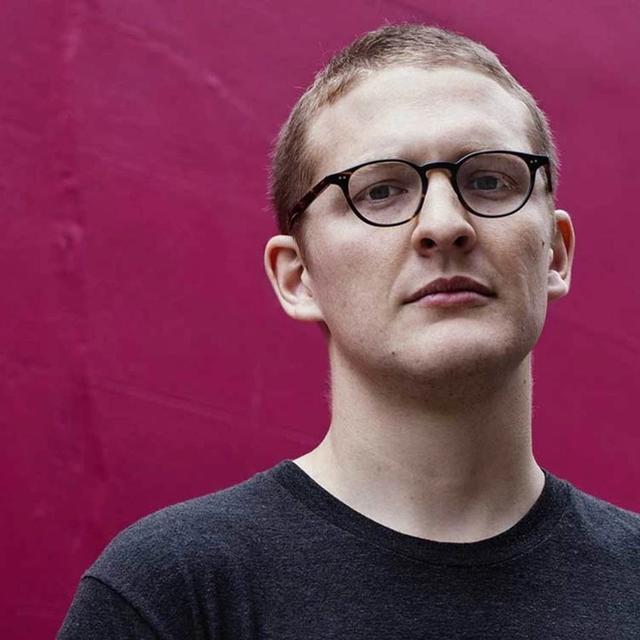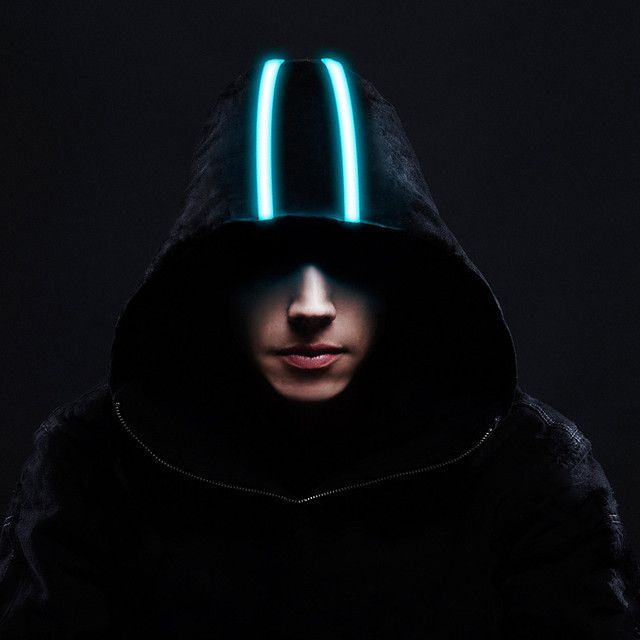Artist Spotlight
Los Angeles-based RYBO – aka Ryan Bohnet – thrills the masses as soon as he steps behind the decks. As an invaluable member of the Desert Hearts crew, he’s released on multiple occasions through the group’s record label and played an array of stunning performances at both the Desert Hearts Festival and City Hearts tour stops.
Bohnet was always an avid music lover. Growing up on the outskirts of San Diego, he gravitated towards the piano in his living room, noodling around on the keys. “Of course, I didn’t get the lessons. My sister did. I got a guitar when I was maybe about 12 years old. I only took one lesson, then learned how to read tabs, and from there on, I taught myself how to play guitar.”
As his guitar playing improved, he started to meet up with his neighbor, who kept a drum set in their garage. “I’d bring my guitar over there and we’d just jam out some horrible Black Sabbath or something like that.”
A shift of focus to dance music came at the age of 16 when Bohnet’s friend gifted him a CD with “Around the World” by Daft Punk as its opening track. “I remember listening to dance music, driving around in my car… and I was like, ‘How do they make this? It’s not conventional instruments.’ I was flabbergasted by how they make these electrical sounds.” After doing some research, Bohnet discovered that the source of all that electronic brilliance was drum machines, synthesizers, and computers.
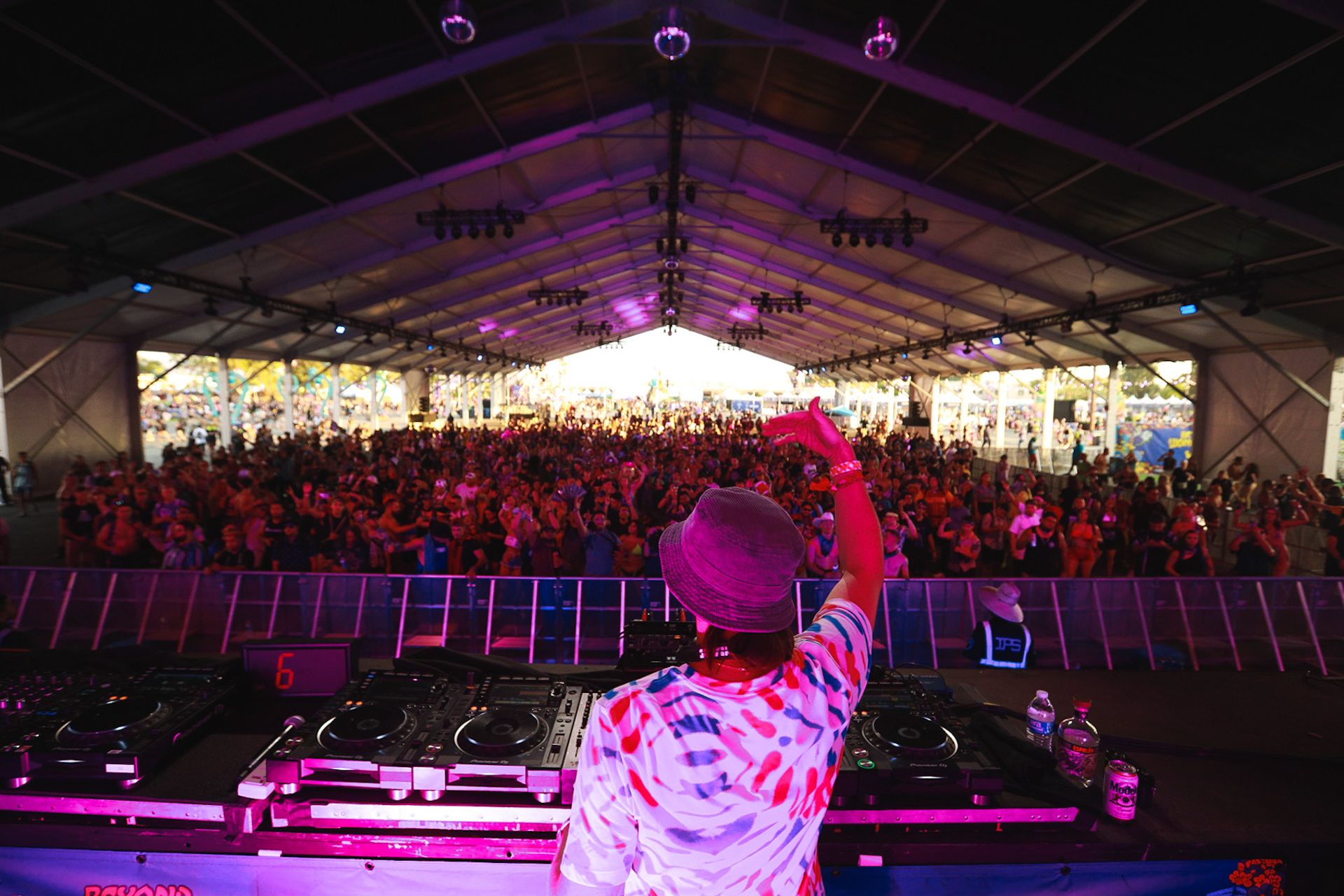
On his sister’s MacBook, he used GarageBand to get a grip on making an electronic beat of his own. He later upgraded to working with Serato to venture into DJing. However, he initially found it challenging to navigate. “I did not get it at all. It was like a whole foreign language to me.”
Alongside Daft Punk, Bohnet’s other early favorites in the world of dance music included obvious choices like “Sandstorm” by Darude and Zombie Nation’s “Kernkraft 400.”
Bohnet imagined pursuing a career in dance music after his first rave in 2008 when he turned 18. “I remember coming back to a buddy’s house after the rave, going to sleep, and thinking to myself, ‘Man…I think I can do this! I think I can make some dance music, start DJing.’”
After finishing high school, Bohnet followed in his father’s footsteps and started working in construction. “My dad had his own construction company, but he retired when I was right around 18. I wasn’t working for him, I was working for one of his buddies, doing underground work, and I thought that was probably what I was going to do for the rest of my life.”
He had a healthy salary for an 18-year-old and a strong knowledge of the trade. However, Bohnet’s career took a turn in the 2008 recession. “I got laid off along with a lot of my co-workers... construction work was just non-existent.”
After deciding to enroll in a music and recording arts school, Bohnet relocated to LA to pursue music production full time. “That’s really what started the whole journey for me.”
While Bohnet is fully dedicated to house, he didn’t always have a tunnel vision approach. “I started out making hip-hop productions, instrumental beats…a big influence growing up was 9th Wonder, J Dilla…all that sample-based hip-hop.”
He maintains that he’ll always love hip-hop and still creates hip-hop beats from time to time for personal enjoyment. “Me and my friends just rap on them for fun. Nothing’s release. I have them on a private Soundcloud somewhere.”
After finishing music school, Bohnet interned for Ludacris’ producer but eventually became disillusioned with the music that he was working on. “I was doing a lot of pop stuff with them, also some folk music and country. But I really didn’t like working on that side of music.”
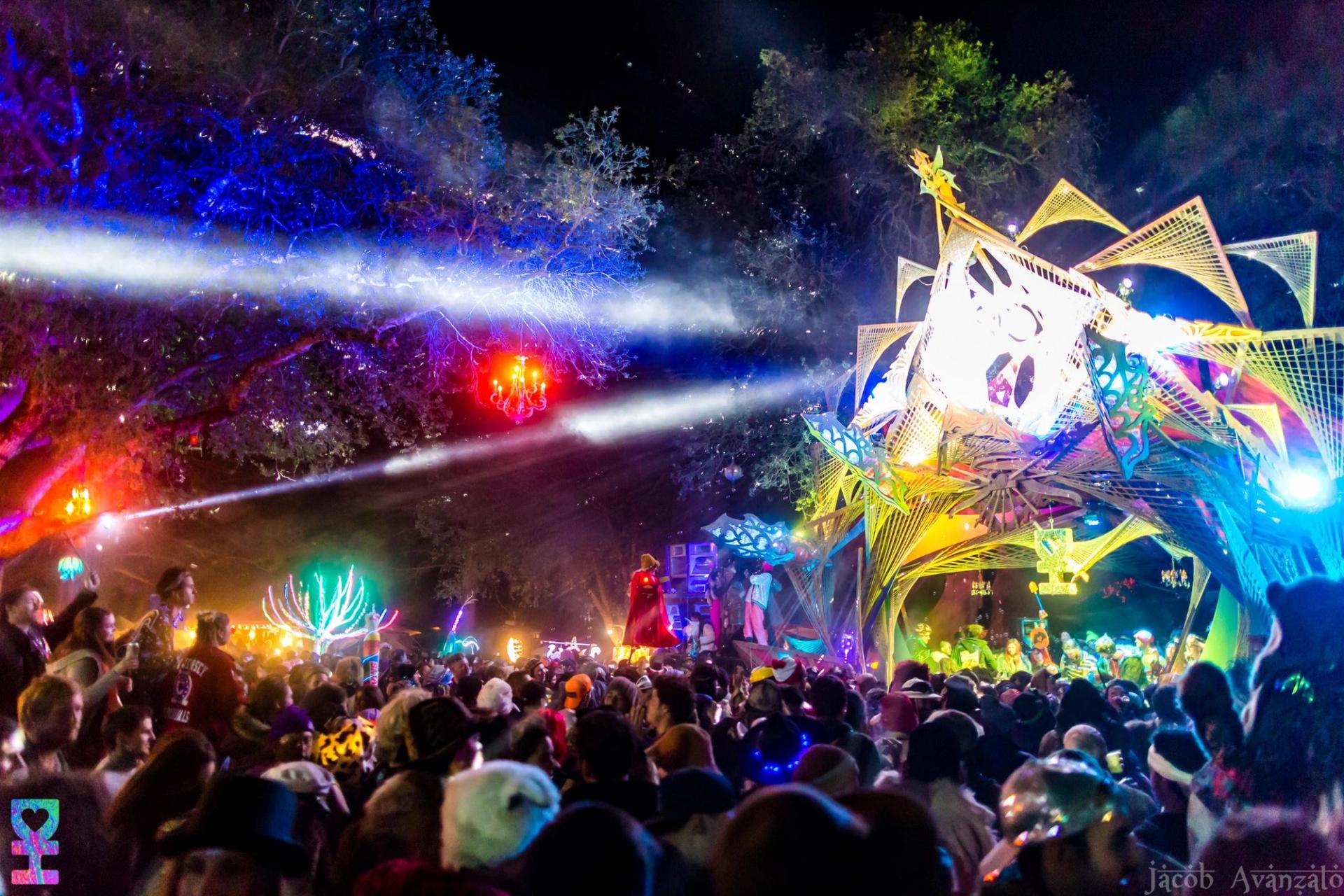
Bohnet began taking DJing and house music more seriously. “If you’re not having fun with it, then at the end of the day it really turns into an ordinary 9-5 really.”
When asked about his very first gig, Bohnet hesitates at first. “Probably one of my very first gigs was at a wedding, but I don’t think we want to talk about that one….” Bohnet’s first actual gig came when he turned 18 at the Avalon in Hollywood.
“It was during the blog house days. Electro and dirty Dutch music were in. The room could probably only fit about 25 people in it.” Playing at the iconic club was an eye-opening experience. Seeing his name on the flyer beside bigger artists was a massive confidence booster. “It was special to me. I was definitely nervous, but during that time I had a lot of buddies who I was DJing b2b with, so we were all bringing each other up.”
Bohnet’s proudest achievement to date is his record label, Percomaniacs, which he co-owns alongside one of his best friends, Lubelski. “I’ve always wanted an outlet to put out my own music whenever I wanted, and also to be able to curate a label… by picking and choosing up and coming artists. That’s been a really big goal of mine.”
The inspiration for Percomaniacs stemmed in part from the legendary Jamie Jones, who Bohnet worked with for five years as his LA studio manager. “I got to pick his brain a lot. I would always ask him, ‘Oh, so I noticed you only release on Hot Creations. You don’t do much else on other labels.’ He was like, ‘Yeah, because I want full control of my releases.’” Bohnet took these words on board and adopted the same outlook.
Bohnet contunes to be ambitous. “I’d love to see [Percomaniacs] throwing parties across the USA and internationally, that’d be amazing. There are definitely some artists we’d like to get on the label. There are also some events I’d like to play, some labels I’d like to release on.” Like many artists, he’s hungry for international exposure and touring. “Getting over to Ibiza, Germany, the UK as well…that’s what it’s all about: love for music, and travelling.”
As a festival, record label, and party tour, Desert Hearts is a family through which Bohnet has flourished in recent years. “They’re all my best friends, so it’s a bunch of brothers hanging out… There’s a lot of fun to be had, a lot of debauchery. I definitely owe a lot to them for opening my eyes to the whole Burner culture.” Never failing to put maximum effort into every party they throw, the crew has nurtured a loyal fan base in the years since their inception. “They really care about their fans. It’s all about the love that they put out there. I’ve been releasing on them ever since the label came out, and I plan on releasing with them forever.”
The Desert Hearts Festival stands out as being particularly unique. “They were one of the first to make the Burning Man culture more accessible to people that are afraid to go to Burning Man, or that just don’t have the money to go to Burning Man. I think that’s really what sets it apart.”
Despite his love for performing in new and exciting places, there’s a special place in Bohnet’s heart for the LA house and techno scene. “When I was living in downtown LA, most of the parties we would go to would be underground warehouse illegal raves. It doesn’t really get much better than that… the music never shuts off, you have a lot more freedom, you can go from warehouse to warehouse.”
According to Bohnet, although there are great scenes across the USA, no one does it as crazy as LA does. “Recently, we’ve had a lot of people move out of here to go to Florida and New York, so it has died down a little bit, and also the whole COVID thing just shook everything up a little bit.” Despite this, he maintains that LA is still his favorite spot to play, even after being on tour.
